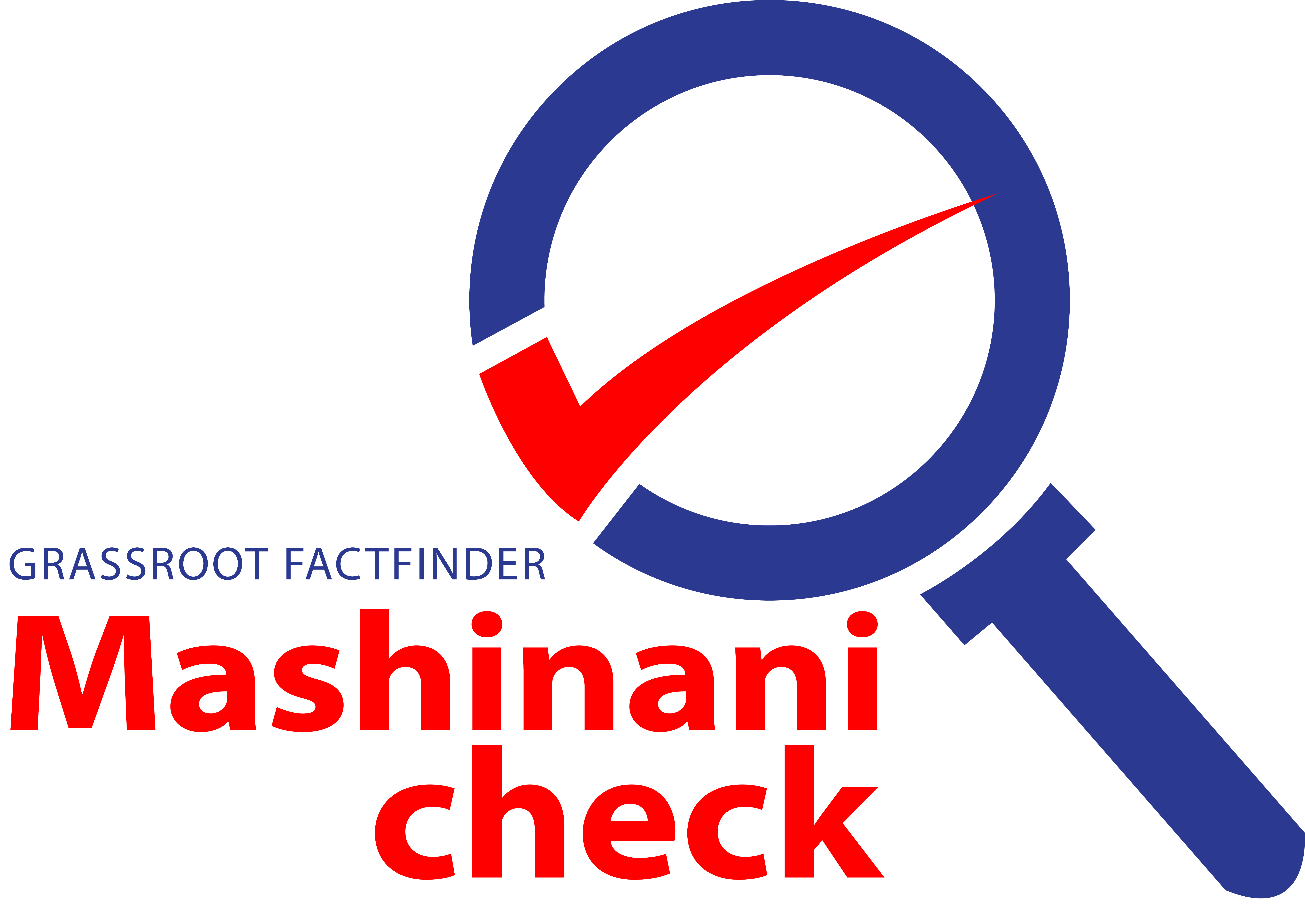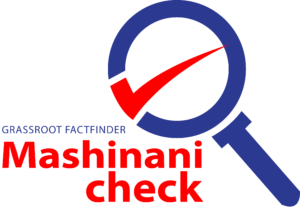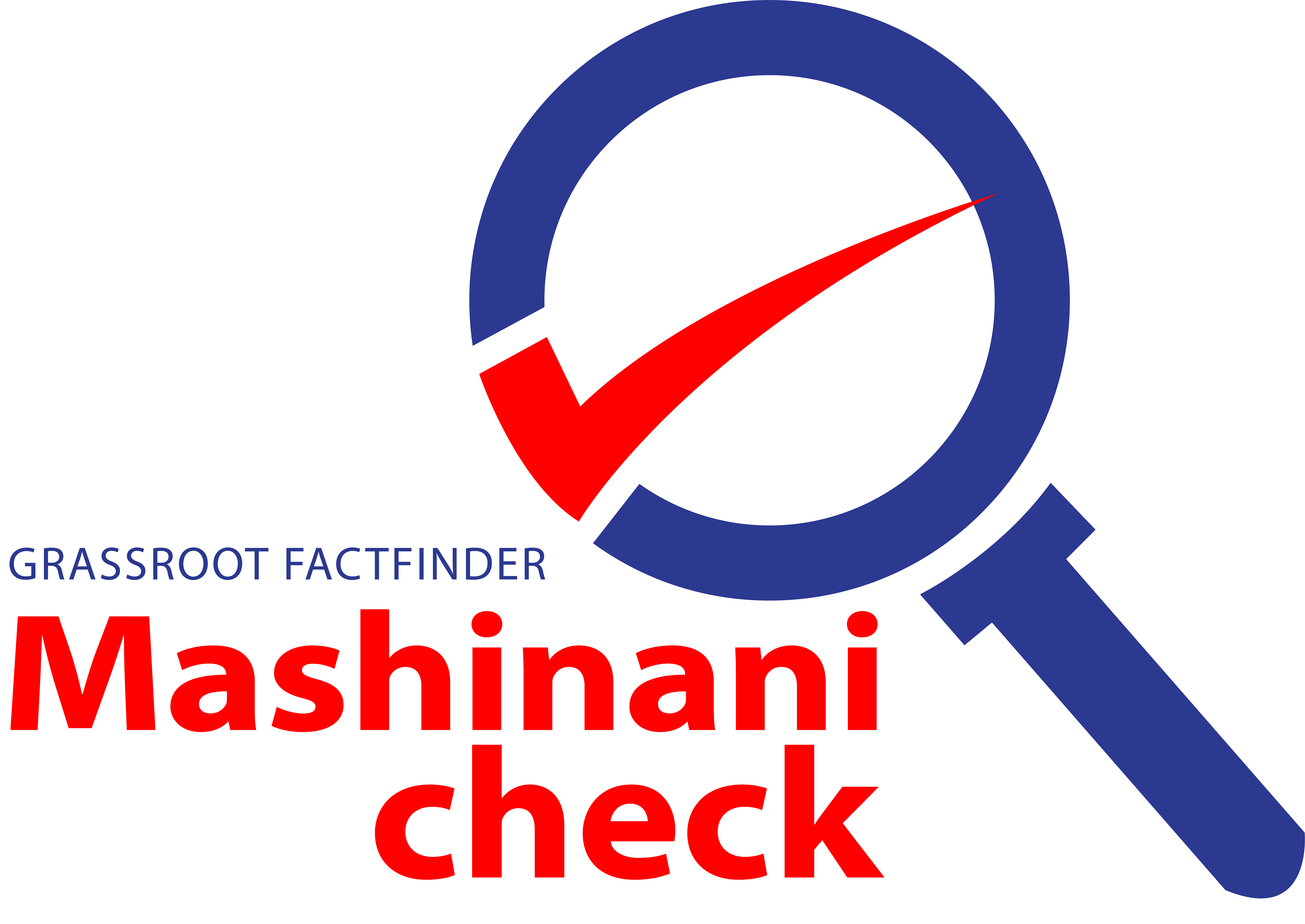By Lwazi Maseko

How do publications gain the trust of readers and continue to maintain this trust?
We interviewed editors from different African publications to ask how they gain and maintain the trust of their readers.
“Consistency is the currency of trust,” says Mia Malan, editor-in-chief of Bhekisisa, one of South Africa’s premier health journalism publications. Malan says that one factually incorrect article or piece of information can break the trust of 100 truthful articles. At Bhekisisa, they are very careful to use information that has been checked and verified. Malan explains that for an article that is between 1,500-2,000 words, they spend an average of 30 hours editing the article which includes checking every source. However, the downside to repeatedly checking articles means they are only able to publish two articles and one video a week.
Malan adds that the publication has built relationships with scientists and health experts and in the event that they are unsure about any information, they reach out to these individuals.
Kiri Rupiah, communities editor at The Continent says: “as far as we have been able to tell, there’s no one method to gaining and maintaining our readers’ trust. What is important is consistently producing quality journalism and being open about mistakes. A key facet of our newsroom that helps readers trust us is the accessibility we offer them in our decision-making, especially for commercial endeavours as we did with a reader survey about using a certain advertiser.”
For Femi Asu, news editor for Business Day Nigeria, in order to gain the trust of readers, they ensure that their news stories, analyses, interviews and special reports are trustworthy.
“Our tagline is ‘news you can trust’, and we stay true to it by delivering news stories that are factual, accurate, and balanced to our audience. We also strive to be the first to break major news stories and then follow up on them to put the news into perspective and provide more details,” says Asu.
Asu says trust can easily be lost and the publication maintains trust by fact-checking and immediately correcting any errors. He says at Business Day, they keep their readers informed about important corporate, financial, and political developments in Nigeria and beyond to enable them to make informed decisions.
Winston Mwale, AfricaBrief editor-in-chief, emphasises the importance of fact-checking, verifying and using credible sources. “We also ensure that our stories are well-balanced, with both sides of the story featured in our stories,” says Mwale.
AfricaBrief uses Whatsapp as part of its story distribution strategy. Mwale says they run WhatsApp groups and observe what their subscribers are discussing and write stories concentrating on these topics. “We believe that using WhatsApp has helped us stay in touch with our audience,” he says.
How do these people keep coming back to their publications? “Through simple, reliable journalism that is of high quality but freely available,” says Rupiah.
Business Day Nigeria is constantly working to improve the quality of its journalism, according to Asu, adding: “Business Day is the most expensive newspaper in Nigeria, and it has the bulk of its content behind a paywall. To get people to stay and pay for our content, we produce a lot of exclusive stories and in-depth analyses”.
Mwale credits their Whatsapp groups for the return of readers. “We believe that using WhatsApp, where the majority of our readers spend their time, has helped us ensure that readers return to continue reading our continent.”
Source, Jamlab.Africa





